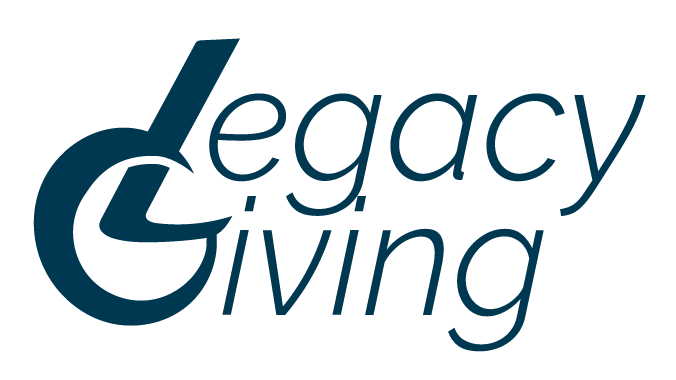Make a Difference for Generations to Come

Make a Difference for Generations to Come
Ways You Can Give to Make a Difference
Planned Giving
About Bequests

You may be looking for a way to make a significant gift to help further our mission. A bequest is a gift made through your will or trust. It is one of the most popular and flexible ways that you can support our cause.
IRA Charitable Rollover

An IRA rollover allows people age 70 1/2 and older to reduce their taxable income by making a gift directly from their IRA.
Beneficiary Designations

A beneficiary designation gift is a simple and affordable way to make a gift to support our cause. You can designate our organization as a beneficiary of a retirement, investment or bank account or your life insurance policy.
Charitable Gift Annuities

A charitable gift annuity is a great way you can make a gift to our organization and benefit. You transfer your cash or property to our organization and we promise to make fixed payments to you for life at a rate based on your age.
Donor Stories

Learn how others have made an impact through their acts of giving to our organization and others. Explore the many benefits of charitable gift planning.
Gift Options

Find out What to Give and learn about the best assets to make a planned gift. Learn about gifts of cash, securities and property. Learn How to Give and discover gift options that provide tax and income benefits. Discover the best planned gift to meet your goals.
Wednesday April 24, 2024
Washington News

President Signs Omnibus Spending Bill
The Consolidated Appropriations Act of 2023 was passed by the House on a vote of 225–201. Earlier, the Senate passed the bill on a bipartisan vote of 68 to 29. The Consolidated Appropriations Act will fund the federal government until September 30, 2023. This eliminates the need to pass a continuing resolution to fund the government.
Many members of Congress had hoped that there would be a substantial tax title in the bill. Congress, however, was unable to build a bipartisan consensus on the expanded child tax credit and the research and development amortization rules. Therefore, the bill did not include a major tax title. In addition, many of the small tax extenders that had been in previous bills were not included.
A major portion of the bill was a bipartisan retirement plan titled "SECURE 2.0." This bill includes multiple provisions designed to increase retirement savings. One helpful change is that the required minimum distribution (RMD) age will increase to 73 in 2023 and 75 in 2033.
SECURE 2.0 initially was passed by the House with a cost of $37 billion. The Senate version increased to $44 billion and the final bill was scored at $53 billion. House Ways and Means Committee Chair Richard E. Neal (D-MA) indicated the increased cost was "fully offset" by various provisions.
One of the provisions requires that the catch-up contributions for individuals over age 50 who have incomes of $145,000 or more to use a Roth IRA plan. This accelerates the payment of taxes on the catch-up contributions and will raise substantial revenue.
Another revenue raiser is a provision to limit the tax benefits for syndicated conservation easement charitable deductions. These deductions will be limited to 2.5 times the basis of the investors. This provision is estimated to raise $6.4 billion over the next decade.
The bill funds the Defense Department with $858 billion. The non-defense spending is $800 billion. There is an allocation of $44.9 billion for military and humanitarian aid to Ukraine. The U.S. disaster relief fund received by $40.6 billion.
A contentious issue for the past decade has been projects earmarked for home states and districts of congress members. This bill included $15.3 billion for over 7,200 projects that were earmarked for specific states or districts. A lawmaker whose district receives an earmark must, however, publish their request online and certify that they have no financial interest in the project.
Previous Articles
Secure Act 2.0 Enhances Retirement Benefits
Secure Act 2.0 Enhances Retirement Benefits
IRA Required Minimum Distribution Deadline




